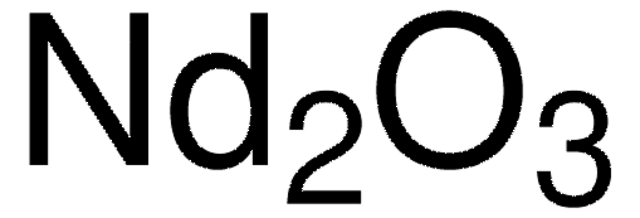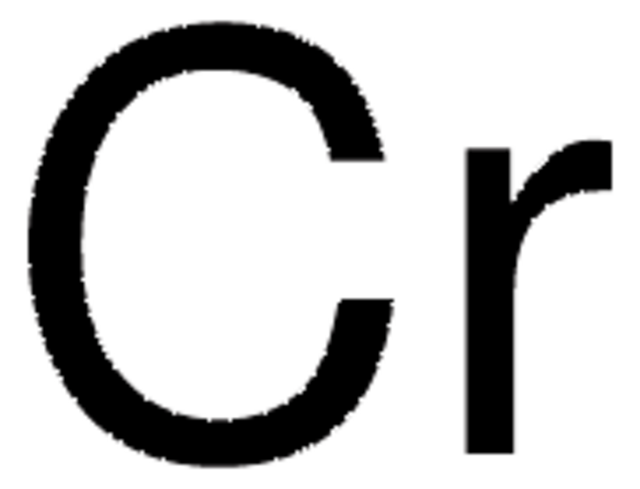229695
Iodine
99.999% trace metals basis
Synonym(s):
Diiodine, Iodine crystals, Iodine molecule (I)
About This Item
Recommended Products
vapor density
9 (vs air)
vapor pressure
0.31 mmHg ( 25 °C)
1 mmHg ( 38.7 °C)
Assay
99.999% trace metals basis
form
chips
chunks
pellets
resistivity
1.3E15 μΩ-cm
bp
184 °C (lit.)
mp
113 °C (lit.)
SMILES string
II
InChI
1S/I2/c1-2
InChI key
PNDPGZBMCMUPRI-UHFFFAOYSA-N
Looking for similar products? Visit Product Comparison Guide
General description
Application
- Iodine-Promoted Reductive Sulfenylation Using Ketones as Hydride Donors.: Discusses a novel chemical synthesis technique using iodine to promote reductive sulfenylation, highlighting iodine′s role in innovative organic transformations (Duan et al., 2024).
- Unraveling Intracellular Protein Corona Components of Nanoplastics via Photocatalytic Protein Proximity Labeling.: This study employs a photocatalytic protein proximity labeling method to examine the interaction between iodine and protein components on nanoplastics, enhancing our understanding of iodine′s environmental interactions (Zhang et al., 2024).
Signal Word
Danger
Hazard Statements
Precautionary Statements
Hazard Classifications
Acute Tox. 4 Dermal - Acute Tox. 4 Inhalation - Acute Tox. 4 Oral - Aquatic Acute 1 - Eye Irrit. 2 - Skin Irrit. 2 - STOT RE 1 Oral - STOT SE 3
Target Organs
Respiratory system, Thyroid
Storage Class Code
6.1D - Non-combustible acute toxic Cat.3 / toxic hazardous materials or hazardous materials causing chronic effects
WGK
WGK 2
Flash Point(F)
Not applicable
Flash Point(C)
Not applicable
Personal Protective Equipment
Certificates of Analysis (COA)
Search for Certificates of Analysis (COA) by entering the products Lot/Batch Number. Lot and Batch Numbers can be found on a product’s label following the words ‘Lot’ or ‘Batch’.
Already Own This Product?
Find documentation for the products that you have recently purchased in the Document Library.
Customers Also Viewed
Our team of scientists has experience in all areas of research including Life Science, Material Science, Chemical Synthesis, Chromatography, Analytical and many others.
Contact Technical Service










